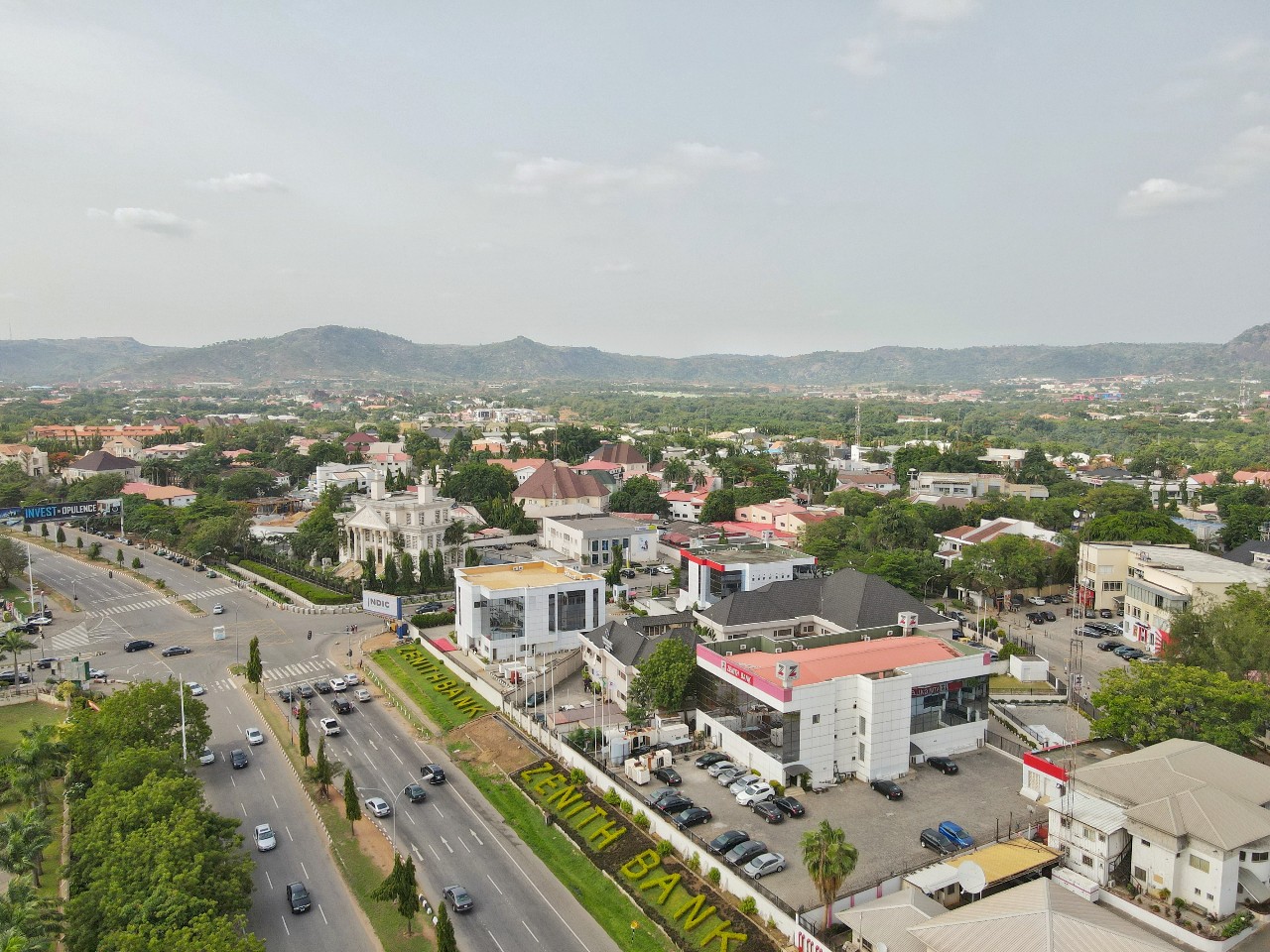Houses for Sale Nigeria
Understanding Current Dynamics in Nigeria Affordable Housing Initiatives
Affordable housing is a critical issue in Nigeria, where a large portion of the population struggles to access decent and affordable living conditions. Several initiatives have been launched by both the government and private sector to address the housing deficit, which is estimated to be over 20 million units. Buy house in Lekki has examined some key affordable housing initiatives in Nigeria

- National Housing Fund
- Family Homes Fund
- Federal Mortgage Bank of Nigeria
- Public-Private Partnerships
- Private Sector Involvement
National Housing Fund (NHF)
Family Homes Fund (FHF)
The Family Homes Fund is one of the largest affordable housing initiatives in Nigeria. It is a social housing initiative that aims to provide homes for low-income earners. The Fund partners with states and private developers to deliver affordable homes, targeting to build up to 500,000 homes by 2024
Federal Mortgage Bank of Nigeria (FMBN)
The Federal Mortgage Bank of Nigeria plays a key role in facilitating affordable housing by providing loans and mortgages at affordable rates. It manages the National Housing Fund (NHF) and collaborates with developers to finance housing projects, making home ownership more accessible to low- and middle-income earners
Public-Private Partnerships (PPP)
The government has also embraced public-private partnerships to bridge the housing gap. In collaboration with private developers, these partnerships work to build and finance housing projects across Nigeria. Many state governments have also initiated their own affordable housing schemes by providing land to developers who agree to build homes for low-income families.
Private Sector Involvement
Private developers like Mixta Africa, Shelter Afrique, and others have stepped into the affordable housing market, working to deliver low-cost housing units through innovative construction technologies and financing options. Some of these companies offer installment payment plans to make it easier for buyers to afford homes
Conclusion
Despite these initiatives, challenges such as high land costs, bureaucratic delays in acquiring property titles, lack of adequate infrastructure, and expensive building materials still make affordable housing inaccessible for many Nigerians. Though, efforts to streamline regulatory processes and lower construction costs are ongoing
These affordable housing initiatives are critical in addressing Nigeria's housing crisis, but their success depends on consistent government support, improved financing mechanisms, and partnerships with private developers.
